By continuing to browse our site you agree to our use of cookies, revised Privacy Policy and Terms of Use. You can change your cookie settings through your browser.
I agree
Search Trends
CHOOSE YOUR LANGUAGE
- Albanian Shqip
- Arabic العربية
- Belarusian Беларуская
- Bengali বাংলা
- Bulgarian Български
- Cambodian ខ្មែរ
- Croatian Hrvatski
- Czech Český
- English English
- Esperanto Esperanto
- Filipino Filipino
- French Français
- German Deutsch
- Greek Ελληνικά
- Hausa Hausa
- Hebrew עברית
- Hungarian Magyar
- Hindi हिन्दी
- Indonesian Bahasa Indonesia
- Italian Italiano
- Japanese 日本語
- Korean 한국어
- Lao ລາວ
- Malay Bahasa Melayu
- Mongolian Монгол
- Myanmar မြန်မာဘာသာ
- Nepali नेपाली
- Persian فارسی
- Polish Polski
- Portuguese Português
- Pashto پښتو
- Romanian Română
- Russian Русский
- Serbian Српски
- Sinhalese සිංහල
- Spanish Español
- Swahili Kiswahili
- Tamil தமிழ்
- Thai ไทย
- Turkish Türkçe
- Ukrainian Українська
- Urdu اردو
- Vietnamese Tiếng Việt
Copyright © 2024 CGTN.
京ICP备20000184号
CHOOSE YOUR LANGUAGE
- Albanian Shqip
- Arabic العربية
- Belarusian Беларуская
- Bengali বাংলা
- Bulgarian Български
- Cambodian ខ្មែរ
- Croatian Hrvatski
- Czech Český
- English English
- Esperanto Esperanto
- Filipino Filipino
- French Français
- German Deutsch
- Greek Ελληνικά
- Hausa Hausa
- Hebrew עברית
- Hungarian Magyar
- Hindi हिन्दी
- Indonesian Bahasa Indonesia
- Italian Italiano
- Japanese 日本語
- Korean 한국어
- Lao ລາວ
- Malay Bahasa Melayu
- Mongolian Монгол
- Myanmar မြန်မာဘာသာ
- Nepali नेपाली
- Persian فارسی
- Polish Polski
- Portuguese Português
- Pashto پښتو
- Romanian Română
- Russian Русский
- Serbian Српски
- Sinhalese සිංහල
- Spanish Español
- Swahili Kiswahili
- Tamil தமிழ்
- Thai ไทย
- Turkish Türkçe
- Ukrainian Українська
- Urdu اردو
- Vietnamese Tiếng Việt
Copyright © 2024 CGTN.
京ICP备20000184号
互联网新闻信息许可证10120180008
Disinformation report hotline: 010-85061466









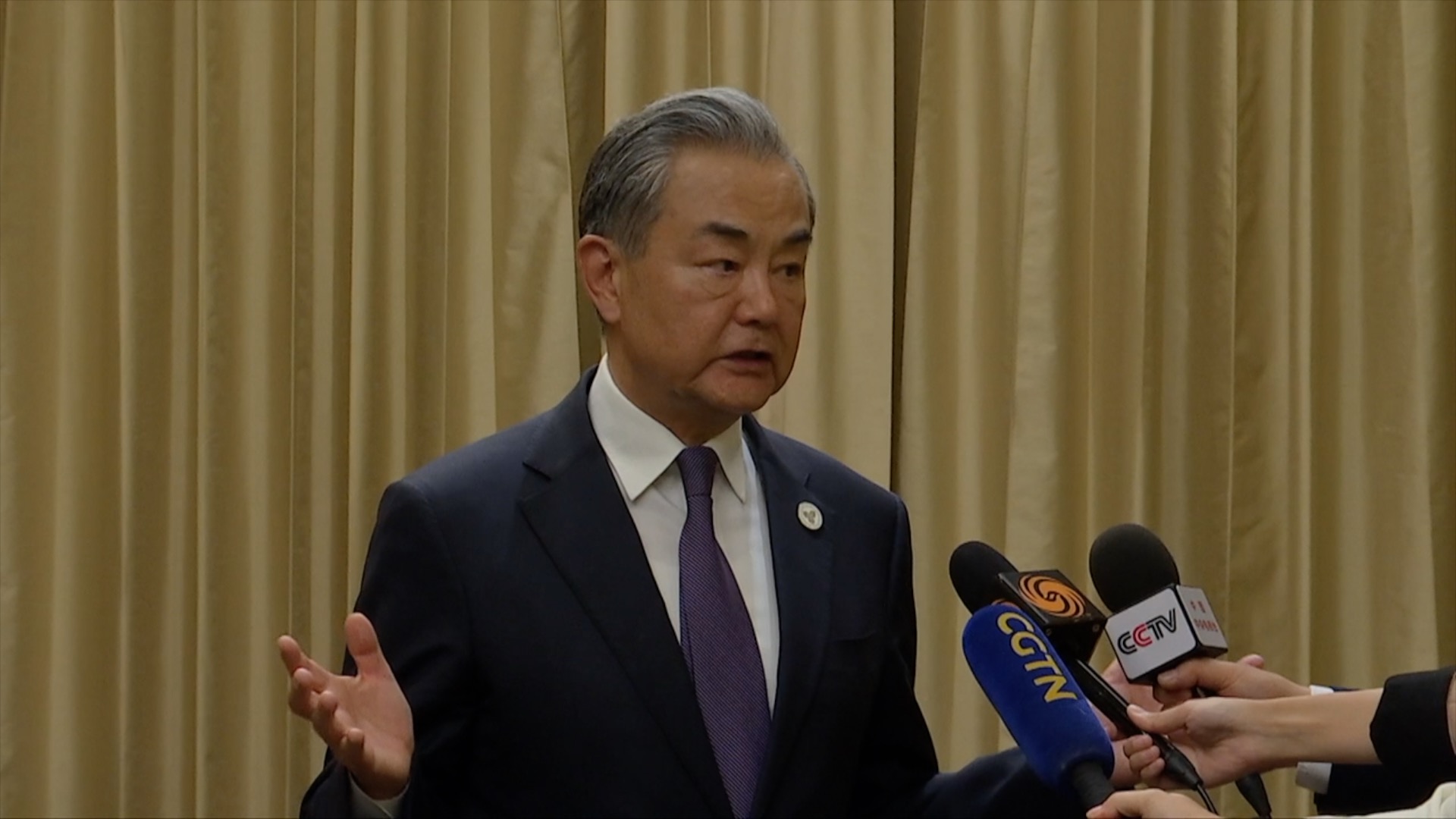
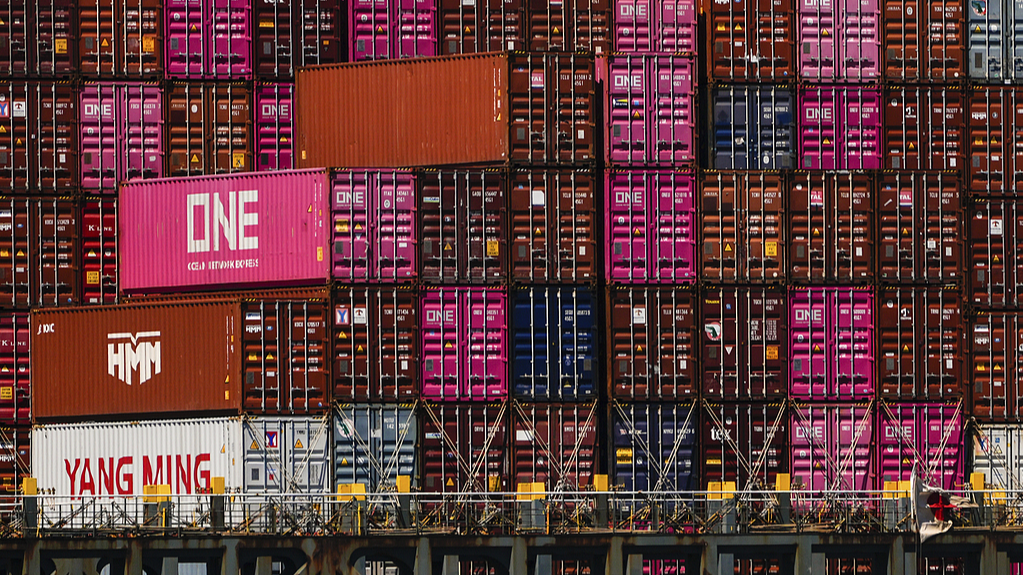

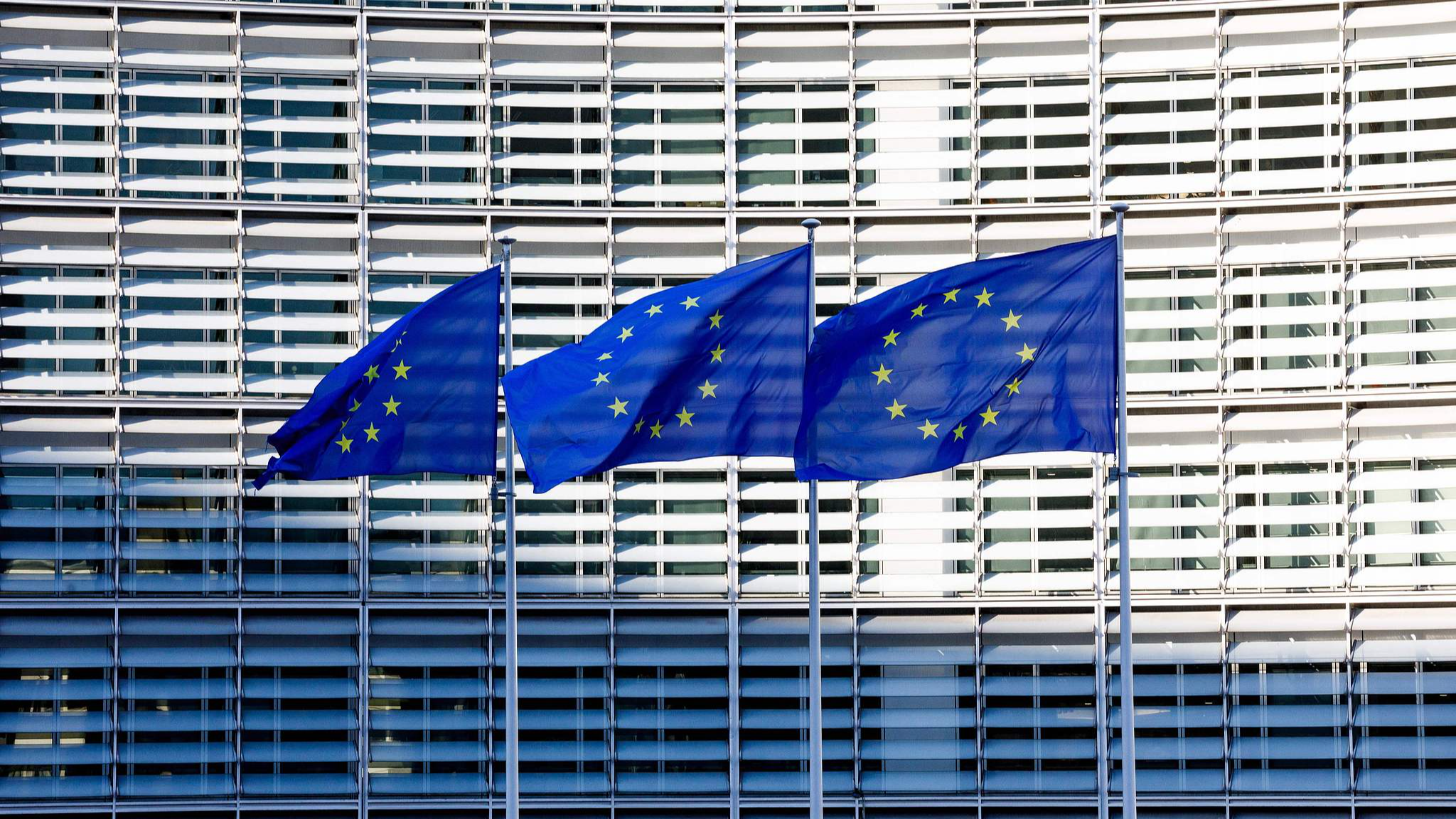

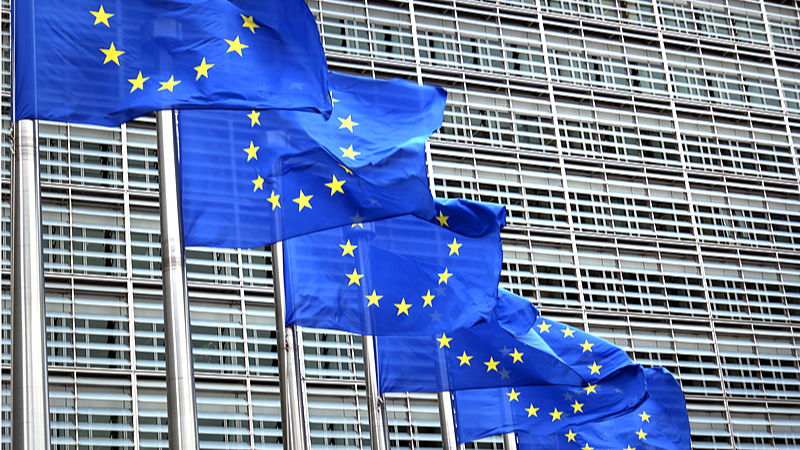


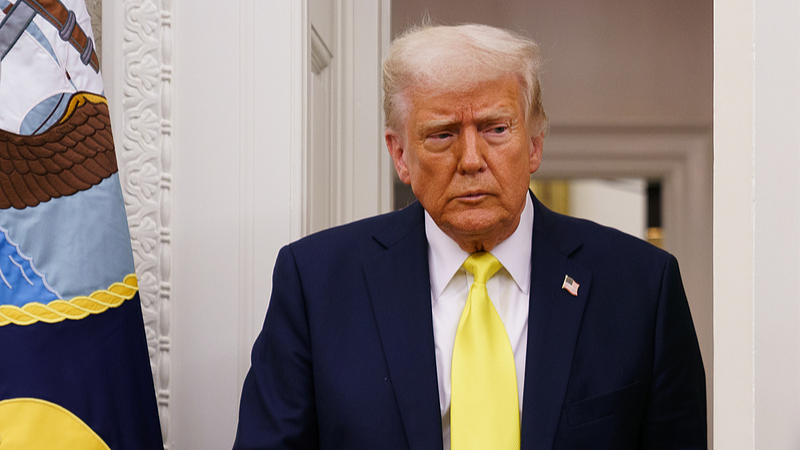
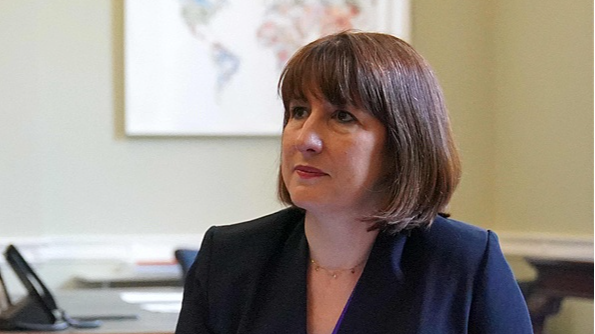

New cars are parked at a logistics terminal in Essen, Germany, April 5, 2025. /VCG
European Union (EU) countries will seek to present a united front in the coming days against U.S. President Donald Trump's tariffs, likely approving a first set of targeted countermeasures on up to $28 billion of U.S. imports from dental floss to diamonds.
The 27-nation bloc faces 25-percent import tariffs on steel, aluminium and cars, and "reciprocal tariffs" of 20 percent from Wednesday for almost all other goods.
Trump's tariffs cover some 70 percent of the EU's exports to the United States – worth in total 532 billion euros (about $585 billion) last year – with likely duties on copper, pharmaceuticals, semiconductors and timber still to come.
The European Commission, which coordinates EU trade policy, will propose to members late on Monday a list of U.S. products to hit with extra duties in response to Trump's steel and aluminium tariffs rather than the broader "reciprocal tariffs."
It is set to include U.S. meat, cereals, wine, wood and clothing as well as chewing gum, dental floss, vacuum cleaners and toilet paper.
Luxembourg will host the first EU-wide political meeting on Monday since Trump's announcement of the sweeping tariffs when ministers responsible for trade from the 27 EU members will exchange views on the impact and how best to respond.
EU diplomats said the main aim of the meeting was to emerge with a united message of a desire to negotiate with Washington a removal of tariffs, but a readiness to respond with countermeasures if that failed.
"Our biggest fear after Brexit was bilateral deals and a break of unity, but through three or four years of negotiations that did not happen. Of course, here you have a different story, but everyone can see an interest in a common commercial policy," one EU diplomat said.
Cheese on sale at a stall of the market at Piazza Campo dei Fiori in Rome, Italy, April 4, 2025. /VCG
Among EU members, there is a spectrum of opinion on how to respond. France has said the EU should work on a package going well beyond tariffs and French President Emmanuel Macron has suggested European companies should suspend investments in the United States until "things are clarified."
Ireland, almost a third of whose exports go to the United States, has called for a "considered and measured" response, while Italy, the EU's third largest exporter to the U.S., has questioned whether the EU should hit back at all.
"It's a difficult balance. Measures cannot be too soft to bring the United States to the table, but not too tough to lead to escalation," one EU diplomat said.
Talks with Washington to date have not borne fruit. EU trade chief Maros Sefcovic described his two-hour exchange with U.S. counterparts on Friday as "frank" as he told them U.S. tariffs were "damaging and unjustified."
The initial EU counter-tariffs will in any case be put to a vote on Wednesday and will be approved except in the unlikely event that a qualified majority of 15 EU members representing 65 percent of the EU's population oppose it.
They would enter force in two stages, a smaller part on April 15 and the rest a month later.
European Commission President Ursula von der Leyen will also hold separate discussions on Monday and Tuesday with chief executives from the steel, automotive and pharmaceutical sectors to assess the impact of tariffs and determine what to do next.
(With input from Reuters)